A Colorful Moroccan Stew Calls for Seven Vegetables
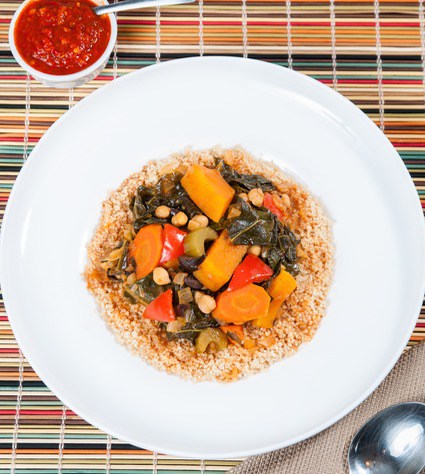
Stewing, one of the easiest ways to cook, is used by nearly every culinary tradition, from Ireland’s basic kettle of meat, potatoes, onions and carrots to sophisticated French coq au vin and Indonesia’s fiery seafood stews. Besides turning tough meat enjoyably tender, this wet cooking method also infuses bland ingredients with flavor and lets you serve vegetables in their nutrient-rich, flavor-intensified juices.
Moroccan tagines are among the most delicious stews. Now that some stores in the United States sell tagines – the special pot with a wide, shallow bottom and tall, conical top that Moroccans use to make these chunky stews – you’ll be truly authentic when making them, although that is not necessary. I have spotted a tagine-shaped pot at Target, but using a heavy Dutch oven produces stews as succulent and savory as any you might enjoy in Marrakesh.
Tagines with the complex flavors of the Moroccan kitchen often include olives and/or salt-preserved lemons, but one of my favorites is a simple combination of vegetables and chickpeas. Right now, most farmers’ markets will have all the vegetables in this meatless feast. Happily, so does every supermarket, so you can also enjoy it easily year around.
When reading labels, I am often appalled at the amount of sodium in some canned foods but also encouraged by finding brands with reasonable low to modest sodium levels. Particularly for the beans and tomatoes in this tagine, check the label and look for brands with little or no added salt.
Moroccan Seven Vegetable Tagine
- 2 white turnips, peeled and quartered
- 1 cup sliced carrots, in 3/4-inch slices
- 1 cup finely chopped onion
- 1½ tsp. ground cumin
- 1 tsp. ground sweet paprika
- 1/2 tsp. ground ginger
- 1/2 tsp. ground turmeric
- Pinch of cayenne pepper
- 1½ cups reduced-sodium vegetable broth, divided
- 2½ cups butternut squash, in 1-inch cubes
- 1 cup chopped zucchini, in 3/4-inch pieces
- 1/4 lb. string beans, trimmed and cut in 1½-inch lengths
- 1 (15 oz.) can no salt added chickpeas, drained
- 3/4 tsp. salt
- Freshly ground black pepper
- 3 plum tomatoes, cut crosswise into 3/4-inch slices
- 1/4 cup chopped cilantro
- 1/4 cup chopped flat-leaf (Italian) parsley
In medium Dutch oven, combine turnips, carrots, onion, cumin, paprika, ginger, turmeric and cayenne. Pour in 1 cup broth. Cover and simmer over medium heat for 10 minutes.
Add butternut squash, zucchini, string beans, chickpeas and remaining broth. Add salt and 3-4 grinds of pepper. Cover and cook until vegetables are tender, 20 minutes. Arrange tomato slices on top of the vegetables, cover, and cook until tomatoes are just soft, 5 minutes. Add cilantro and parsley and let tagine sit, covered, for 10 minutes to allow flavors to meld. Serve hot, directly from pot. This dish improves when reheated so, if desired, cool, cover, and refrigerate for up to 2 days. Reheat, covered, over medium heat.
Makes 6 servings. (8 cups)
Per approx. 1½ cup serving: 149 calories, 2 g total fat (<1 g saturated fat), 30 g carbohydrate, 7 g protein, 8 g dietary fiber, 485 mg sodium.
The Author:
Something Different is written by Dana Jacobi, author of 12 Best Foods Cookbook and contributor to AICR’s New American Plate Cookbook: Recipes for a Healthy Weight and a Healthy Life.
The American Institute for Cancer Research (AICR) is the cancer charity that fosters research on the relationship of nutrition, physical activity and weight management to cancer risk, interprets the scientific literature and educates the public about the results. It has contributed more than $96 million for innovative research conducted at universities, hospitals and research centers across the country. AICR has published two landmark reports that interpret the accumulated research in the field, and is committed to a process of continuous review. AICR also provides a wide range of educational programs to help millions of Americans learn to make dietary changes for lower cancer risk. Its award-winning New American Plate program is presented in brochures, seminars and on its website, www.aicr.org. AICR is a member of the World Cancer Research Fund International.


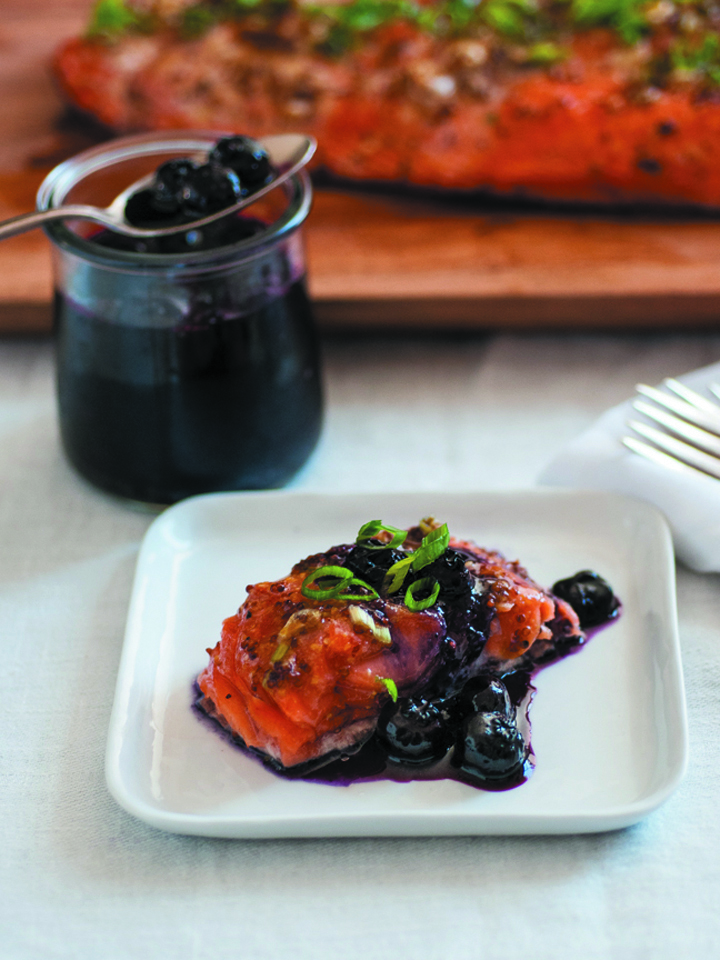
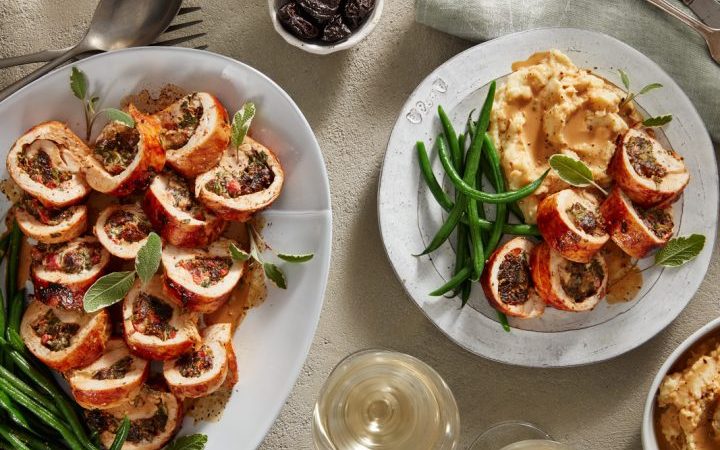
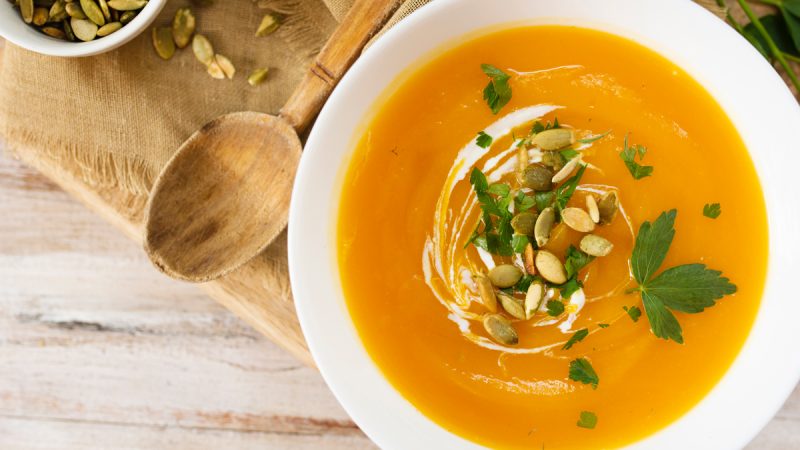
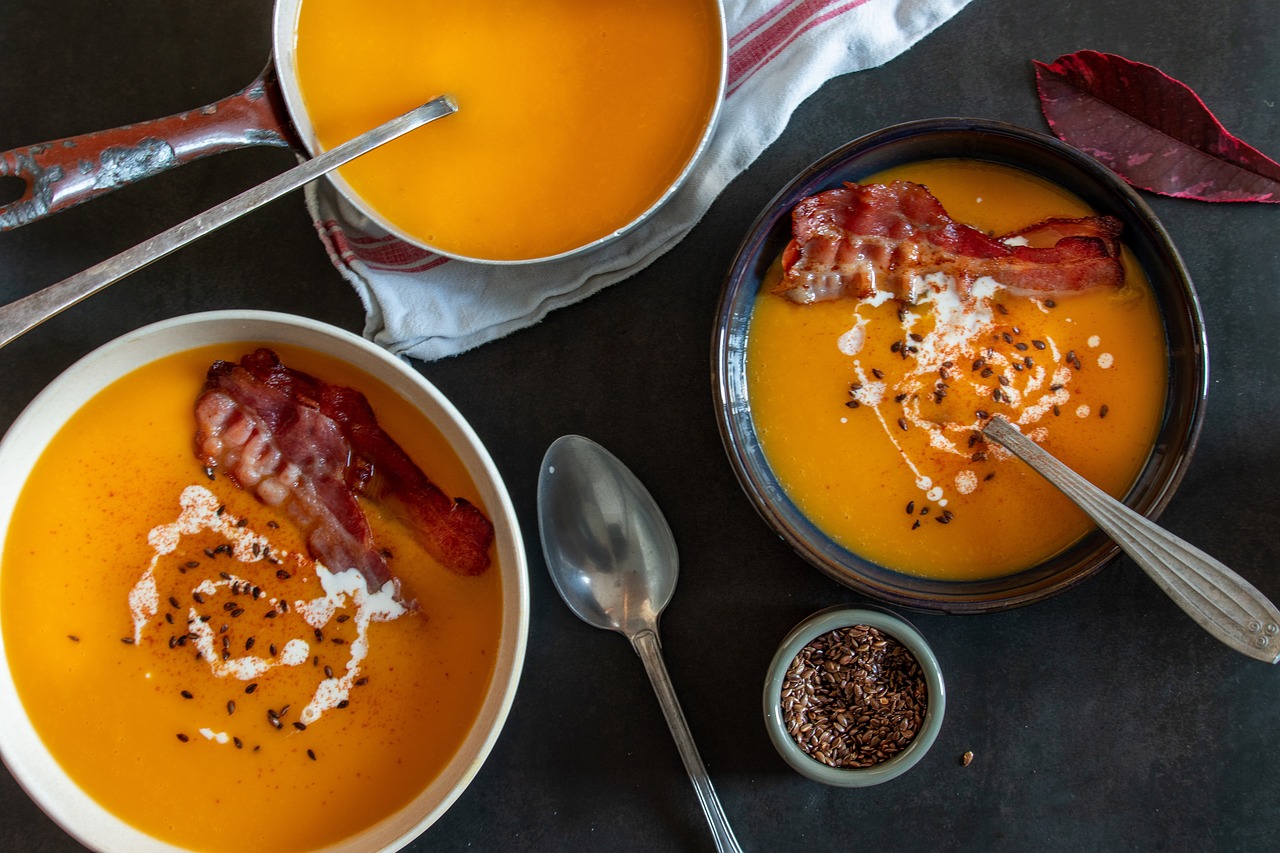
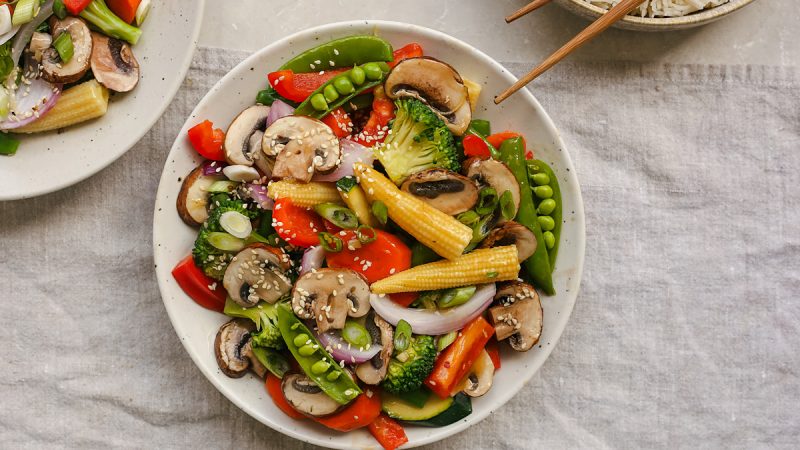
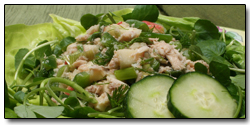

Sounds wonderful, and is definitely a departure from our usual.